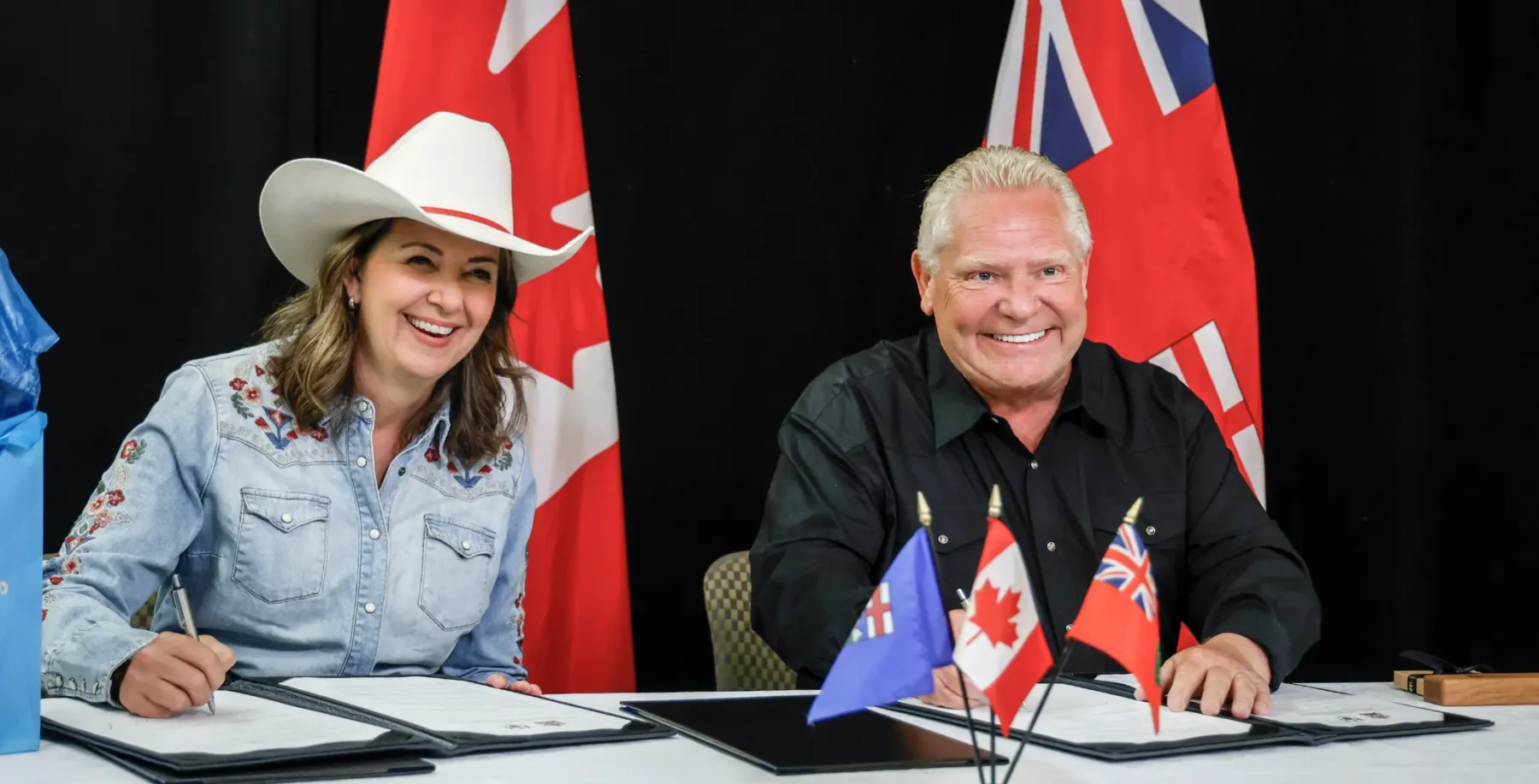
As corporate lobbyists work behind the scenes to pressure the Trudeau government into backing the Trans-Pacific Partnership (TPP) trade agreement, groups organizing to stop the deal held a teach-in at Steelworker’s Hall last month.
The event, organized by Leadnow, OpenMedia, Council of Canadians, Common Frontiers, United Steel Workers, Unifor, Fight for the Future and People’s Climate Movement, was held to highlight the effects the 6,000-page trade agreement, which will create the world’s largest “free-trade” zone, will have on everything from environmental policy to public health.
Toronto-based doctor Chetan Mehta, an attendee at the teach-in, doesn’t have to look beyond his own practice to contemplate the possible impacts TPP will have on patients he treats for Hepatitis C.
His community health clinic has treated 10 people in the last year living with the highly- transmittable – and treatable – virus. Treatment for one person, a once-daily pill known by the brand name Harvoni and made by U.S. drug manufacturer Gilead Sciences, can run anywhere between $60,000 to $200,000. It’s cheaper than the alternative – a full liver transplant.
But if a generic version of the drug were available, it could cost as little as $192 a treatment, according to an April 2015 study published by the American Association for the Study of Liver Diseases.
Only, Harvoni enjoys exclusive access to the US and Canadian markets until 2028, thanks to the World Trade Organization (WTO), which mandates patent protection for at least 20 years for pharmaceuticals. Now, the TPP is threatening to extend those protections. Doctors Without Borders has dubbed the intellectual property, investment and pharmaceutical pricing provisions in the TPP “the most harmful trade pact ever… to access affordable generic medicines in developing countries”
Within the WTO, African countries fought for and won exceptions to patent protections when taking measures to protect public health. Previously, a country would have had to have first attempted unsuccessfully to obtain a voluntary license from a patent holder on “reasonable commercial terms.”
But push-back from countries within the WTO clarified that any nation could determine intellectual property rights in cases related to public health “without challenge.” The meant countries could not be sued by pharmaceutical companies based on different interpretations on what constituted “reasonable commercial terms,” or the “national emergencies” that would warrant exception to these intellectual rights.
Under current patent laws set by the WTO, Canada has leverage to negotiate lower drug prices. Ontario participates in the pan-Canadian Pharmaceutical Alliance (pCPA) with companies such as Gilead Sciences on cheaper drug prices.
According to the pCPA, as of April 1, 2016 “these collaborative efforts between provinces and territories have resulted in 95 completed joint negotiations on brand name drugs and price reductions on 18 generic drugs. This has resulted in an estimated $712 million in combined savings annually.” Harvoni is one of these drugs, although what price the province has negotiated is privileged information.
But new patent protections under the TPP would undermine the power of any country to keep these essential drug prices low.
For instance, the TPP introduces new protections on data concerning the safety and efficacy of a patented product for five years after the approval of that drug. Not allowing other manufacturers to use this data is a backdoor tactic to prevent the manufacture of generic drugs, as this information is essential to their production.
In the case of Harvoni, which was approved for commercial sale in 2014, six years after its patent application was filed, these new conditions would have delayed access to this vital information for 11 years.
What’s more, the TPP raises the obstacles of what is patentable to include new formulations and uses of a known product. For example, an injectable form of a drug could trigger another 20 years of protection.
Doctors Without Borders points out that the TPP contains provisions that enable pharmaceutical companies to sue governments for compensation by claiming that public policies have deprived them of their anticipated profits.
Mehta estimates that it would cost Ontario’s health care system tens-of-millions to treat Hep C cases using Harvoni at current retail rates. He worries about what increasing patent protection under TPP will mean for future access to the drug. Right now, there is no alternative.
“I’ve now watched a couple patients experience liver failure and be on the brink of falling off the edge,” he explains. “I can’t stomach having more of these cases because of Hep C, which is now entirely treatable.”
With patent policies already producing such obscene consequences for public health, expanding these protections is the wrong direction to take not only for Canada, but all of the countries who fought for the right to place their public health over corporate profits.
news@nowtoronto.com | @nowtoronto












